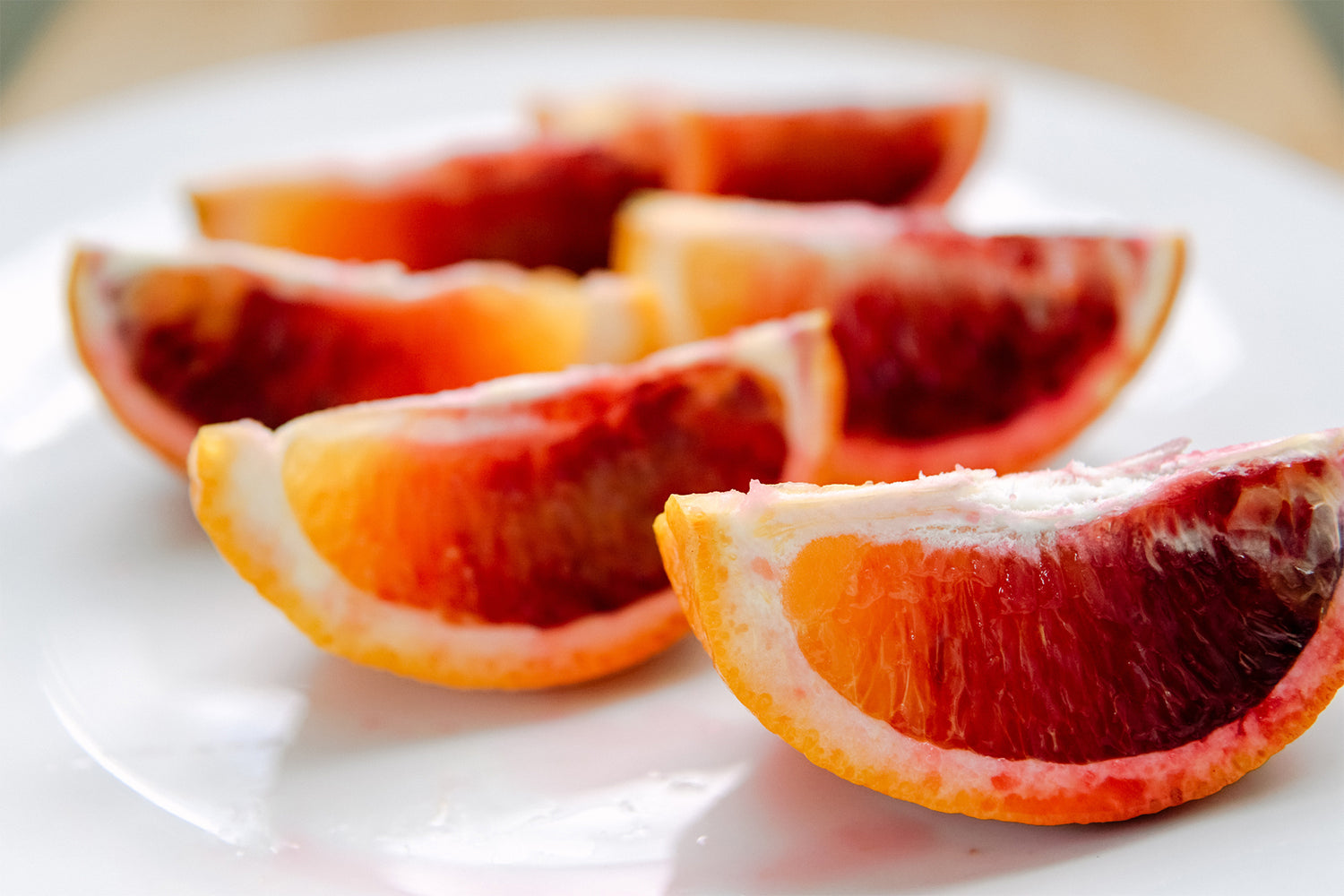Heart Health
A comprehensive understanding of the potential benefits of blood oranges in promoting heart health emerges from several studies. In a 2017 report published in the American Journal of Clinical Nutrition, a study involving 43,880 healthy men investigated the habitual intake of anthocyanin-rich foods, including blood oranges, and its association with the risk of heart disease. The study revealed that the bioactive compounds present in citrus and red or blue fruits, such as blood oranges, have the potential to reduce vascular inflammation, thereby promoting smooth blood flow to the heart. This finding suggests a potential benefit for protecting against cardiovascular disease. However, further trials are needed to determine the exact dosage required for optimal results (13).
In a 2012 study involving 19 non-diabetic patients with increased cardiovascular risks and 12 healthy, non-obese control subjects, a randomized double-blind study was conducted. The treatment group received 500ml of blood orange juice daily. After just 7 days, significant improvements in blood flow were observed, normalizing the blood flow patterns. Additionally, several inflammatory biomarkers, including C-reactive protein, exhibited significant decreases. These findings indicate that blood oranges have an anti-inflammatory effect that is beneficial to the cardiovascular system of patients (14).
Furthermore, a study conducted in 2011 suggests that dietary intake of anthocyanins, such as those found in blood orange juice, may help protect against high blood pressure, a major risk factor for heart disease. The study recommends an intake of approximately 12.5 to 15 mg per day of anthocyanins in blood orange juice to contribute positively to the reduction of hypertension (15).
A further study in 2019 also found that consumption of a blood orange juice drink twice daily resulted in an improvement in endothelial function as measured by blood vessel dilation and reduction of blood pressure (21).
The cumulative findings from these studies support the potential of blood oranges to promote heart health and warrant further exploration in larger clinical trials to fully ascertain their benefits.
